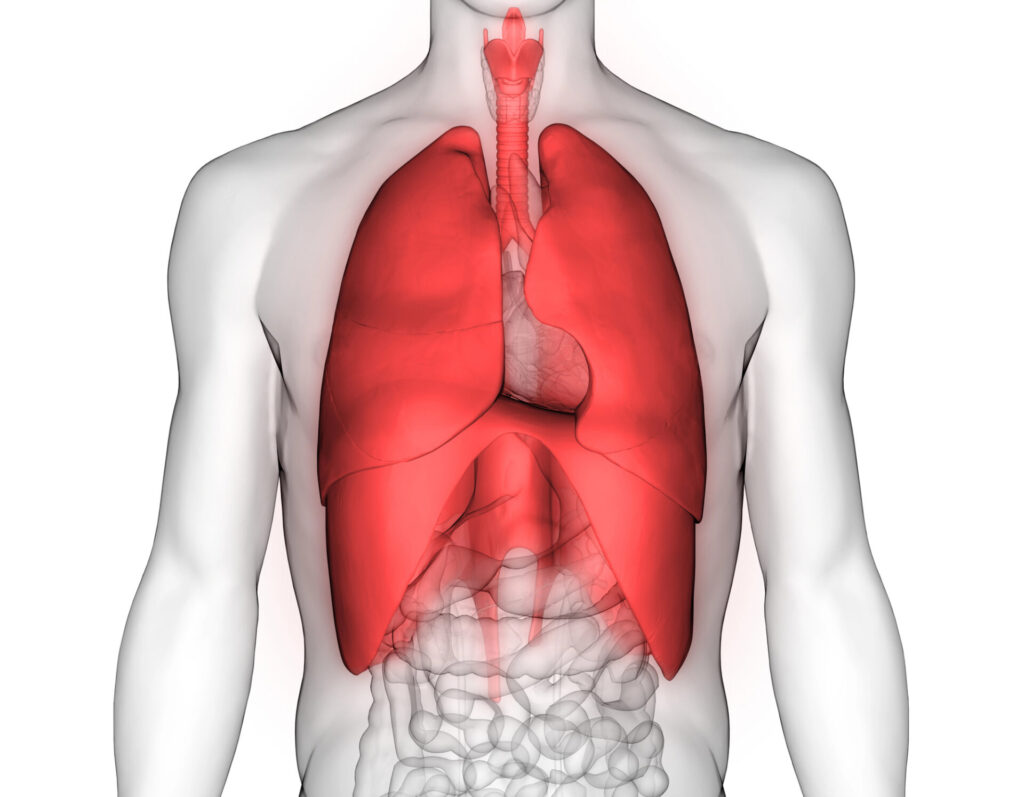Emerging research highlights the Gut–Lung Axis as a critical pathway in regulating both respiratory and systemic immunity. This bidirectional communication is mediated through microbial metabolites such as short-chain fatty acids (SCFAs), mucosal immune signaling, and inflammatory cascades.
When the gut microbiome becomes imbalanced (dysbiosis), the result is reduced SCFA production, impaired intestinal barrier integrity, and expansion of Proteobacteria species. These changes drive systemic inflammation, activate NF-κB signaling, and contribute to chronic airway dysfunction, neutrophilic infiltration, and progressive lung tissue injury.
Clinically, patients with chronic respiratory concerns often present with gastrointestinal comorbidities and distinct gut microbiome profiles, underscoring the need for an integrative therapeutic strategy that addresses both systems simultaneously.
To support practitioners, please see the click here to see a stepwise clinical protocol that outlines microbiome restoration strategies, gut barrier repair, and targeted interventions for systemic inflammation.
CLICK HERE TO DOWNLOAD THE PROTOCOL
Related:
The Gut–Lung Axis in Respiratory Disease: Mechanisms and New Interventions







